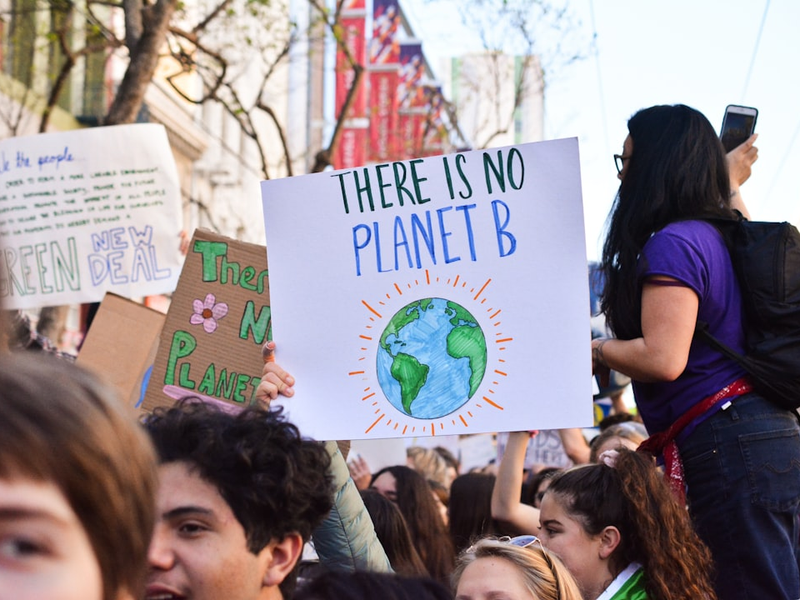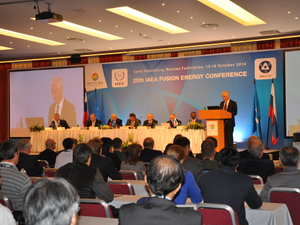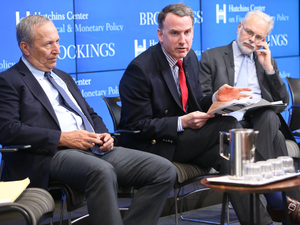California's Climate Diplomacy: How Newsom is Stepping Up Where the Feds Fall Short

In the global fight against climate change, California is proving that states can lead where national governments falter. At COP30 in Belém, Brazil, Governor Gavin Newsom is charting an ambitious international path, forging critical partnerships with Latin American countries that could reshape environmental collaboration.
Newsom’s diplomatic tour includes groundbreaking memorandums of understanding (MOUs) with Colombia, Chile, and Brazil, focusing on critical areas like methane reduction, clean energy, and technological innovation. These agreements aren’t just symbolic – they represent tangible commitments to addressing the climate crisis through cross-border cooperation.
The partnerships extend beyond traditional diplomatic exchanges. With Colombia, California is deepening collaboration on biodiversity and clean transportation. The Chile agreement specifically targets methane reduction, while the Brazil partnership explores responsible AI use in public management and environmental policy-making.
What makes these partnerships remarkable is California’s track record of climate action. Despite being the world’s fourth-largest economy, the state has reduced greenhouse gas emissions by 21% since 2000 while simultaneously growing its economic output by 81%. In 2023, California became the largest economy globally to be powered by two-thirds clean energy, setting a precedent for sustainable development.
The state’s clean energy achievements are equally impressive. Battery storage has surged by over 1,944%, and California now hosts 30% of the storage capacity needed to reach 100% clean electricity by 2045. These aren’t just numbers – they represent a comprehensive strategy to combat climate change.
As national climate negotiations often stall, Newsom’s approach demonstrates how subnational governments can drive meaningful environmental progress. By creating direct partnerships with international regions, California is building a grassroots global climate network that transcends traditional diplomatic channels.
For young activists and environmentally conscious citizens, these developments offer a beacon of hope. They show that meaningful climate action is possible, even when national leadership falls short.
AUTHOR: mb
SOURCE: gov.ca.gov





















































